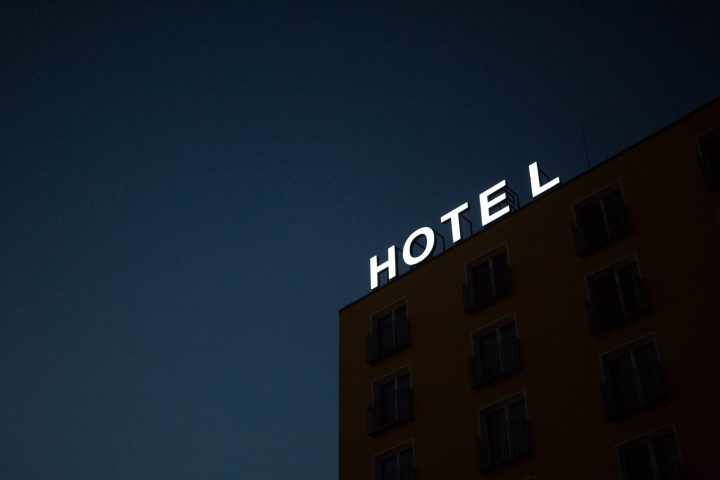
10 Challenges the Hotel Industry Faces in 2023
In 2023, there are many challenges faced by the hotel industry, which may quickly feel overwhelming to address. However, with the right approach, tech stack, and process streamlining, hotels can drive their success in 2023 and beyond.
Summer 2022 has seen tourism soar once more, as wanderlust returns to holidaymakers and travellers eager to make up for lost time during the pandemic-induced periods of lockdown and travel restrictions.
Many challenges in the hotel industry remain, though. However, with an informed strategic approach, hotel managers can meet these challenges head on and drive their business’s performance to new heights.
1. Experience & Personalization: Meeting the Needs of the Modern Guest
It simply isn’t enough to look the part anymore as a hotel. While image, offering comfort and nice hotel appointments is important, customers increasingly want a complete guest experience and personalization from their hotel.
2. Hiring the Right Employees
Organisations of all industries are finding it more difficult to hire and retain good employees because workers are more demanding of what they want from an employer. By embracing this change rather than resisting it, your hotel will already be one step ahead of your competitors.
3. Continuously Changing Consumer Demands & Markets
Of course, it is more difficult to plan when your market is liable to change. But by preparing for change by designing a resilient and updated hotel business plan. In addition, analyze the entire business to improve business agility and future-proofing it against potential downside risk. Finally, optimize for different guest buyer personas and reimagining hotel spaces for different uses, such as turning your underused hotel space into a coworking area.
4. Missing the Marketing Boat
Marketing increasingly drives business from the front. This is especially the case in the travel and tourism industry. Many hotels still treat marketing as something of an afterthought though, with the impression that it is a ‘nice to have’ rather than the essential business driver that it is in reality.
5. Rising operational costs
Inflation and energy price rises are driving operational cost pressure. Moreover, employees in turn are feeling the cost of living crunch, which in turn drives pressure on hotels to increase salaries. One way to address this pressing issue is to integrate automation technologies where possible across your hotel business. You can also remove certain services that no longer add value to the guest experience.
6. Driving Direct Business
Online travel agencies (OTAs) dominate the market when it comes to spending power on research and hotel marketing. Some hotels come to derive most or all of their business from third-party entities. While they can have an important role to play in business generation, you must ensure to have a well-balanced business mix between all channels, and not overly depend on one or a few channels.
7. Advancements in Technology
Across industries, it is a challenge to keep up with all technological changes taking place. However, it is critically important to do so. The best practice here is to assess the hotel technology solutions on the market and analyse each area of your own hotel for inefficiencies that they can address.
8. Lack of Synergy Between Departments
It is all too common for different hotel departments to work in a siloed manner, with little to no communication or collaboration with other departments. This approach is fast dying out and the hotels that are unable or unwilling to update with the times may struggle to survive, let alone thrive.
9. Protecting Your Online Reputation
In the modern hotel and tourism market, where customers leave reviews, opinions, and complaints on OTA websites, Google, Facebook, TripAdvisor, and of course, social media channels, effective reputation management is of utmost importance. Importantly, customers, by and large, understand that all businesses can make mistakes sometimes. The important thing is how you respond to it: quick rectification of any issue and prompt, courteous, and caring communication online goes a long way to protecting your hotel’s reputation.
10. Prioritization is Key: Avoid Getting Overwhelmed
It can seem like there is so much to do and with not enough time. However, this does not have to be the case at all. Many hotels face the same challenges. What will separate the successful leaders from the industry laggards is the ability to prioritize in terms of importance and urgency of execution, and to execute well and without hesitation.
Read full article on: Xotels






